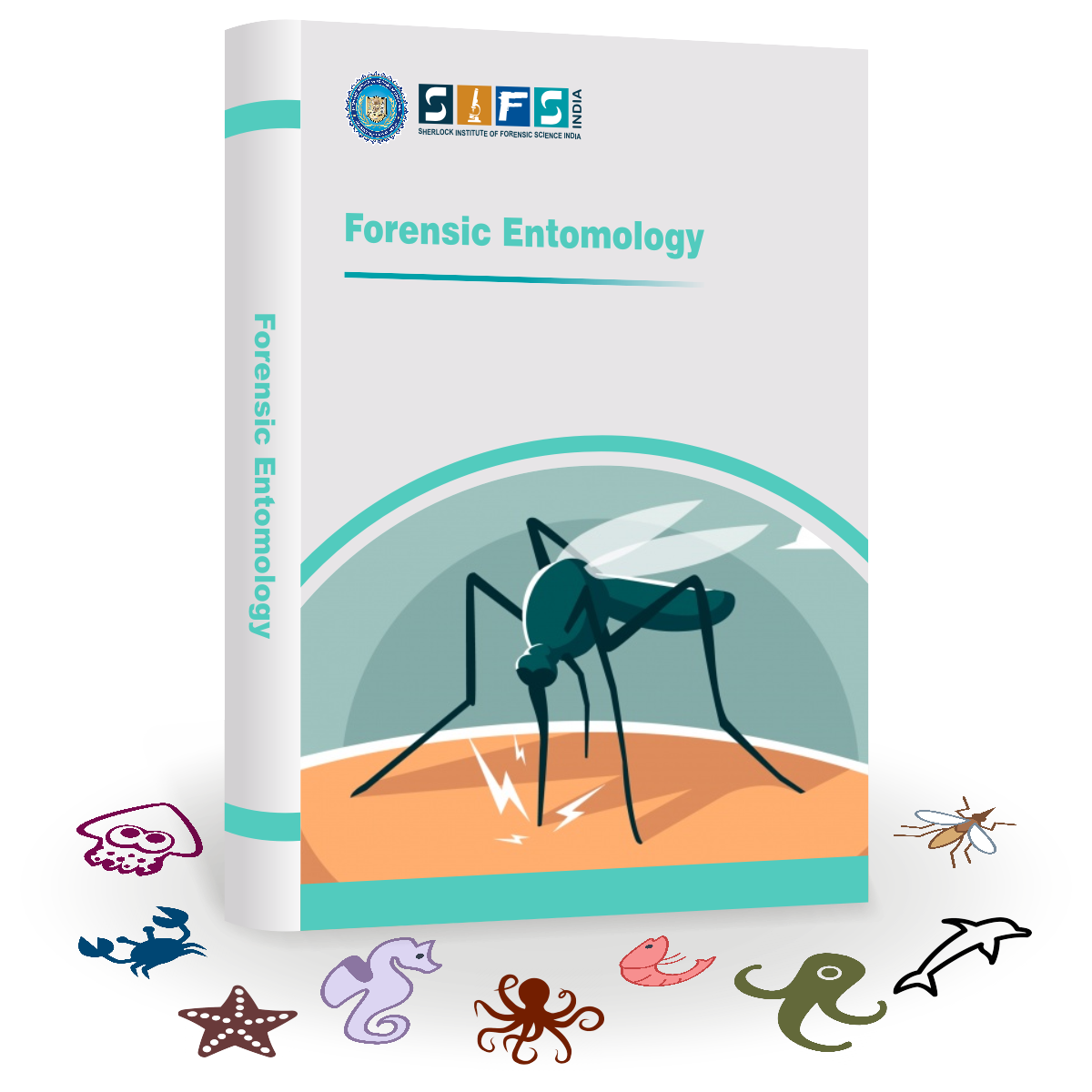To be honest , this was my first online course. Even though this is not a major subject for me but i like to know more about this forensic science field. And i am looking forward to taking more and more online course.

Feb Batch 2026
Last Date to Register : 25th Feb 2026
The Forensic Entomology Online Course by SIFS India is carefully crafted to equip you with knowledge of using insects as evidence during forensic investigations.
You will learn about the science of insects, their life cycles, and how they help solve crimes and determine the time since death.
Once enrolled, you will have access to pre-recorded sessions delivered by professionals, empowering you with the skills to investigate crime scenes through the study of insects.
Associate Degree Program comprises of three levels: Level 1 (certificate), Level 2 (diploma), and Level 3 (Post Graduate Diploma), and the entire curriculum is divided among these levels.
A few of the topics you will learn about are: significance and limitations of forensic entomology, physiology and life cycle of insects, types and life cycle of blow flies, types and life cycle of beetles, stages of human body decomposition, factors affecting decomposition, evidence collection and preservation techniques, entomology uses in different fields, insect development and decomposition, arthropod disease, and legal issues related to forensic entomology.
So enroll now to learn how to make a significant impact in criminal investigations, death investigations, and legal proceedings.
Course Benefits
Enrolling in this course will equip you with skills to identify, collect, and analyze insect evidence, estimate the time since death, and prepare you for a rewarding career in forensic science, law enforcement, and biology. You can work in forensic labs or collaborate with law enforcement agencies to help them determine crucial timelines in criminal investigations.
Course Outcome
Upon successfully completing this course, you will gain the expertise to examine insect evidence to determine the time since death, thereby contributing to the reconstruction of the crime scene. You will have mastered the principles of entomology, insect behavior, death scene analysis, and the application of forensic entomology in death investigations within a legal framework.
Course Highlights
- Pre-recorded sessions with practical know-how of forensic entomology tools and techniques
- Experienced mentors with in-depth knowledge in forensic entomology and insect behavior
- Industry-specific and comprehensive study material and reference books
- Community of forensic entomologists and experts
- Professional networking for better career prospects
Payment Details:
International Student : PayPal: forensicdocument@gmail.com
Account Details for National Student
Bank Name - ICICI BANK
Acc. Name - SIFS INDIA PVT. LTD.
Account No. - 663505500086
Type - Current
IFSC Code - ICIC0000160
Address - ICICI Bank, H-4, Model Town -III, New Delhi - 110009





